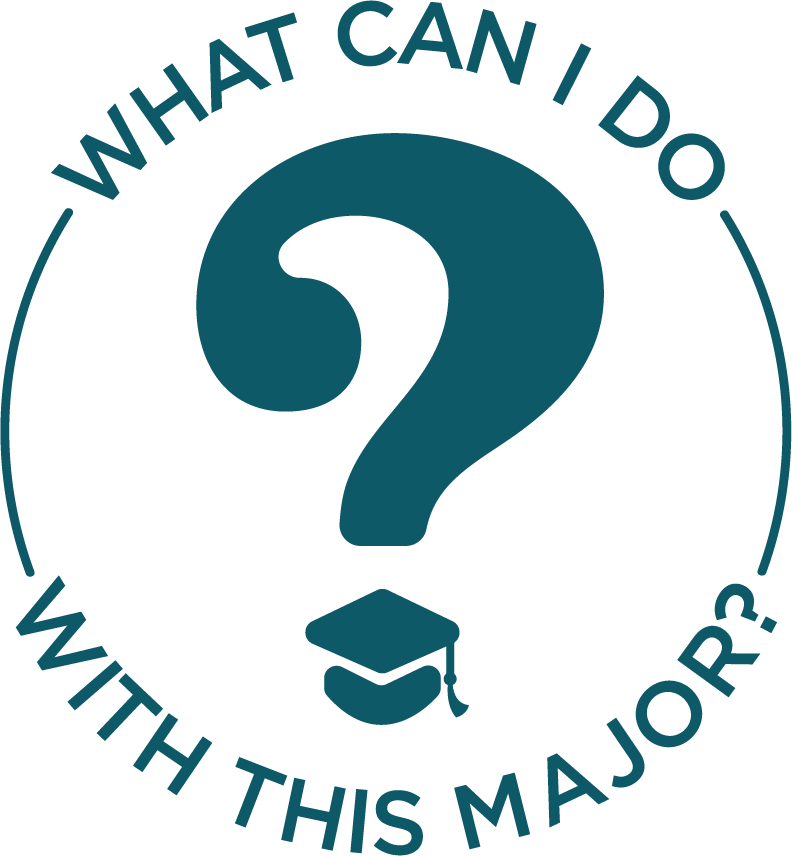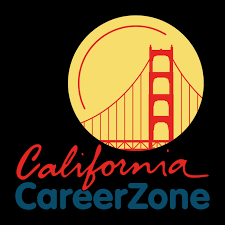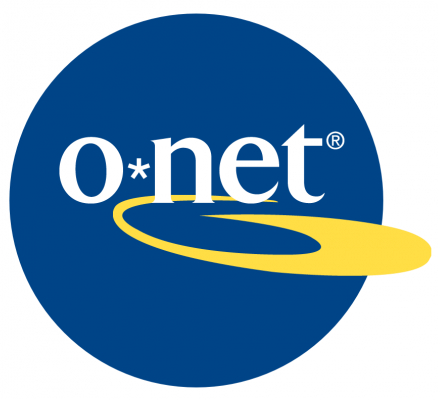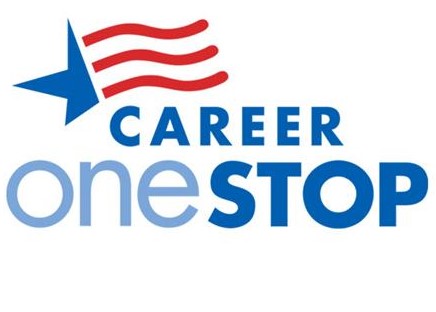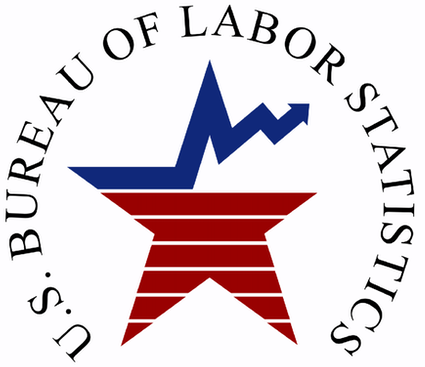General Resources
Career Exploration
- What Can I Do With This Major?
- What Can I Do With This Major? has a wealth of information about the different industries, employers, and possible job titles common for each major. You can use this tool to explore the career opportunities that may be available to you with a given major, which graduate programs you may need to pursue, strategies for entering the different fields, and links to additional resources.
UC Davis pays for a subscription to this resource, which was created by University of Tennessee. This means that (1) you must click on this resource from a ucdavis.edu site and (2) not every UC Davis major is represented.
Cognitive Science students: Explore disciplines that are included in the CGS major, such as Psychology, Linguistics, Computer Science, and Neuroscience.
Science & Technology Studies students: Explore disciplines that are cross-listed with STS or any discipline that you want to work in/around, such as Anthropology, Communication, Information Science, and Environmental Studies. - O*Net Online & CA Career Zone
- You can use O*Net Online when you are just beginning your career exploration by browsing careers that are grouped in various ways (job family, level of education required, green economy, bright outlook).
If you’re a bit further into your career exploration, you can use this tool to learn in depth about specific careers. You can find the tasks, technology used, required knowledge and skills, work activities and contexts, values, salary information and sample job titles for each career field. Look for the yellow sun for Bright Outlook occupations - ones that are expected to grow in the next decade.
Don’t let the vague name of this website fool you—this resource is a valuable career exploration tool.
CA Career Zone pulls information from O*NET Online, but includes information specific to California—salaries, number of job openings, etc. It also has helpful career assessments, which you can use this to get insight about your interests, skills, and values and how they might relate to career opportunities. We encourage you to meet with an advisor in the Internship & Career Center (ICC) or in your major to discuss your assessment results and explore these careers further. They also have videos about dozens of different careers to help you get a sense of what working in a field is like.
- Career OneStop
- Career OneStop is similar to career exploration resources offered by O*NET and CA Career Zone, but this this resource also offers information about different types of trainings available for various career fields, job search tips on networking, resumes/cover letters, interview and negotiation skills, and more. They also have helpful tips for job seekers in specific groups—veterans, entry-level workers, young adults, workers with a criminal conviction, and people with disabilities.
- Bureau of Labor Statistics (BLS) & Salaries
- The BLS Occupational Outlook Handbook (OOH) provides brief descriptions of what workers in different careers do, their work environment, their salary range, the education and training required to enter the field, and similar occupations to explore. You can review the career options by category, by specific occupation, or by highest paying, fastest growing, and most new jobs. While not all occupations will be covered in the OOH, they have over 300 occupational profiles.
Transparent California allows you to see the annual salary of people who work for the State of California. - Diversity, Equity & Inclusion in the Workplace
- Find employers who strive to support your community and identity.
- Assessments
- CA Career Zone Assessments: Connect your interests, personality, skills, and more to various career options. This is free, general tool that utilizes workforce data from the state of California.
O*Net Interest Profiler: Connect your interests to career options. This is free, general tool that utilizes workforce data from the U.S. Bureau of Labor Statistics.
Other free and at-cost career assessments are available through Student Health & Counseling. - Visit the UC Davis Internship & Career Center!
- The UC Davis Internship & Career Center has so much to offer!
♦ Career planning guides
♦ Career and internship fairs
♦ Workshops
♦ Résumé/CV resources
♦ Search for jobs and internships
♦ Coaching for job interviews and offers
♦ Sign up for a Health Related Internship (HRI)
♦ Meet with an ICC advisor
Graduate School Resources
- Search for Programs
- Any graduate school search engine can be useful—just make sure you're only applying for accredited universities. Suspicious of a scam? The U.S. Dept. of Education Database is a trusted way to check if an institution legitimate.
Here are some of our favorite search engines:
AffordableColleges | GradSchools | GradTrek | HBCU Finder | LGBTQIA-Friendly Campuses | Peterson's | U.S. News & World Report
Keep in mind that institutions can purchase advertisement on these sites and results may not be objective. - GRE & Other Exams
- The Graduate Record Examination (GRE) is a graduate school admissions test used by many institutions. GRE scores act as a common criterion to compare applicants from all over the U.S. and the world. The GRE is not required for every grad program, but it's important to check if the schools on your list require the exam.
GRE registration & information
Free and at-cost GRE prep resources:
UC Davis Summer GRE Prep | Kaplan | Princeton Review | Magoosh | Best Colleges
For more information about the Law School Admission Test (LSAT) and Graduate Management Admission Test (GMAT), visit UC Davis Pre-Grad and Law Advising.
For more information about the Medical College Admission Test (MCAT), Dental Admission Test (DAT) or other health grad exams, visit UC Davis Health Professions Advising. - UC Davis Pre-Grad & Law School Advising
- Pre-Grad & Law Advising assists assists students in preparing for law school, MBAs, and general grad school (non-health/medical), in general. They support students with test preparation and components of your grad school application.
♦ Guide: "Applying to graduate school"
♦ Grad school advising and workshops
♦ Law advising and workshops
♦ Grad and law school fairs
♦ Summer grad prep programs - UC Davis Health Professions Advising
- Health Professions Advising (HPA) is the best resource at UC Davis for preparing for a health or medical career.
♦ Explore health careers and pre-requisites for grad schools
♦ Workshops and events
♦ Grad school test prep
♦ Med-prep program (year-long)
♦ Summer pre-med bootcamp
♦ Annual pre-health conference
♦ Post-baccalaureate program
♦ Meet with an advisor - K–12 Teaching Credential Resources
- The UC Davis CalTeach/Math & Science Teaching (MAST) Program offers courses and advising for students who are preparing for a K–12 teaching credential.
♦ Explore teaching programs and careers
♦ Take courses that get you in the field
♦ Learn about financial aid for teachers
♦ Meet with an advisor
The UC Davis School of Education offers a teaching credential program, an undergraduate minor, and more!
♦ EDU minor for undergrads
♦ Credential programs
♦ Learn more about teaching careers
♦ Youth programs
♦ Meet with an advisor
![]()
Gap Year vs. No Gap Year
Sample timelines for graduate school preparation
FAQ
- I want a Ph.D. Do I need to earn a master's degree first?
- Usually, the answer is no. A master's degree is typically not a pre-requisite for a Ph.D. In a some professions, a master's degree is the terminal degree, or final degree. In other professions, a doctorate degree is the terminal degree.
In professions that require a doctorate degree, you may enter a doctoral program (e.g. Ph.D.) directly following your bachelor's degree. However, in some cases, students opt for master's degree before a doctorate for one or more of the following reasons:
♦ They are not competitive enough yet to apply for a doctoral program, or they previously applied and were denied.
♦ They are still exploring their options and may choose to end their education after a master's. - How important is a B.S.? Do grad schools or employers care whether I earn an Bachelor of Arts or a Bachelor of Science?
- In general, no. Most grad schools and professional schools do not care whether you earned an A.B. or B.S. However, they do care if you have completed prerequisite courses and the grades you earned. If in doubt, you may ask any grad program about this.
Similarly, employers care more about your experiences, skills, and connections than they do about whether you earned an A.B. vs. a B.S. We advise that you read job descriptions or contact potential employers for clarification if you have doubts. - What are my career options if I'm not interested in grad school?
- A bachelor's degree can open many doors for you. We recommend that you utilize job search tools to explore your career options.

